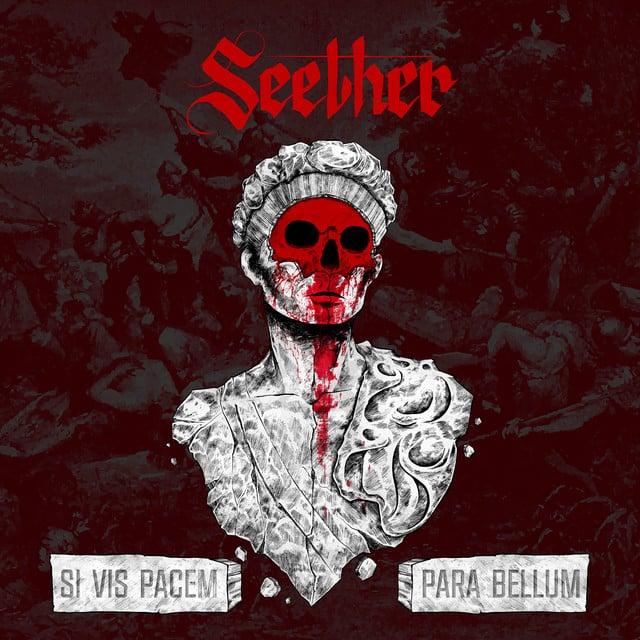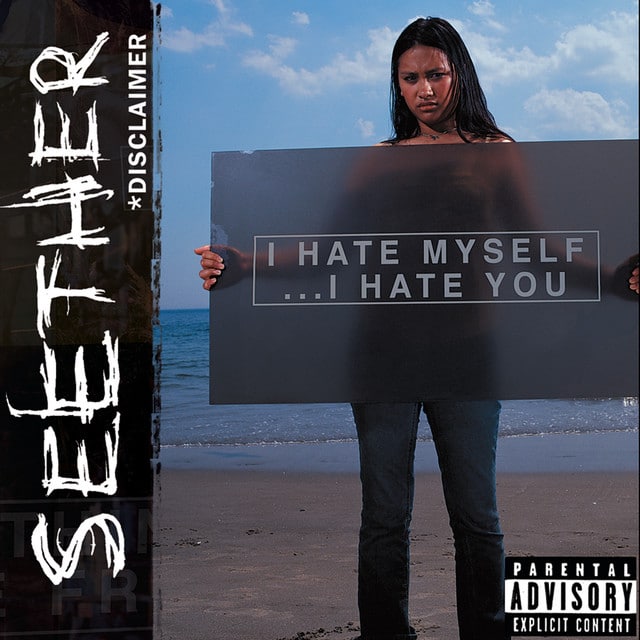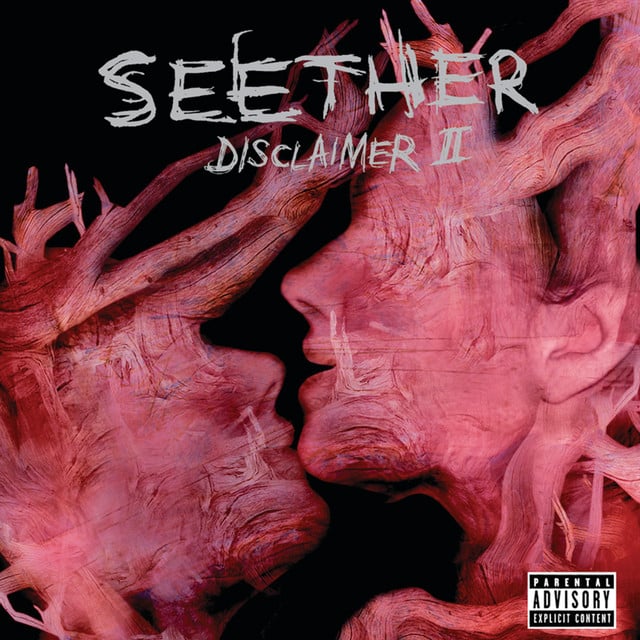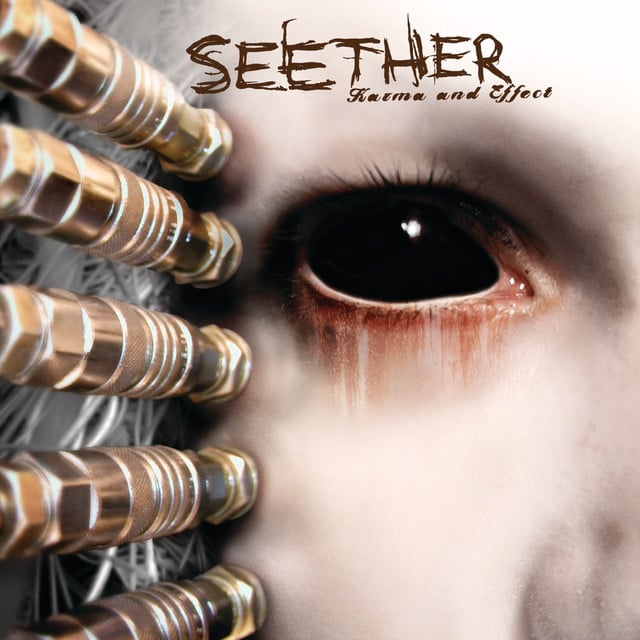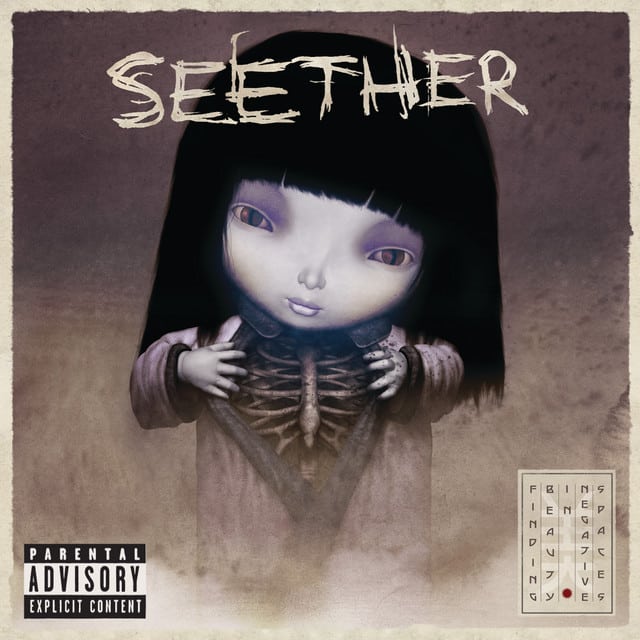Released: 2020
“Dangerous” by Seether unpacks the heavy baggage of denial, blamelessness, and the internal battles one faces when confronted with personal and societal fallacies. The song is a deep dive into the psyche of someone grappling with the consequences of their actions (or inaction) and the external blame game that often ensues in the face of guilt and shame. It’s a complex narrative about the perils of ignoring problems, both personal and collective, letting them fester like an unchecked malignancy.
The opening lines, “So take them off / The blinders that cover your eyes,” serve as a wake-up call, urging the listener to see beyond the façade we often put up to shield ourselves from uncomfortable truths. This metaphor of “blinders” points towards a self-imposed ignorance or denial. “Don’t break new ground / Just follow the beaten path” sarcastically critiques the tendency to follow the status quo, even when it leads to self-destruction or moral compromise.
The verse, “Well, all I can do in the end / Is bury it in the cellar,” vividly illustrates the act of suppressing guilt or negative emotions, a common but unhealthy coping mechanism. The mention of a “cellar” signifies the darkest, deepest part of one’s being, where these repressed feelings are stored. The line “And only a fool would pretend / To blame it on the weather” further lambasts the act of deflecting responsibility onto uncontrollable external factors, instead of owning up to one’s mistakes.
The chorus, “It’s so dangerous, all this blamelessness / And I feel like I lost all the good I’ve known,” hits home the theme of the song. Blamelessness here refers to the refusal to acknowledge one’s wrongdoings, which the singer identifies as a perilous state of being. It’s a cry of frustration and despair, witnessing the erosion of one’s moral compass and the sense of self.
“Now take them down / The roses you smothered, they died” metaphorically speaks to the deliberate neglect and destruction of beauty or goodness in one’s life, through denial or harmful actions. The imagery of “the roses you smothered” suggests things of value that are carelessly ruined. “I hear the cries of souls / You have eaten since” might allude to the consequences of one’s actions, affecting others’ lives, consuming their essence with our misdeeds.
The song also delves into themes of cynicism towards societal norms and structures, “We all must revere and defend / The fortune of the teller” cynically implies that society often upholds and protects false narratives or toxic ideologies for the sake of tradition or out of fear.
In the bridge, “Please just say you know you won’t be satisfied / Not unless you know your name is verified / God I hope you choke on hate and stomach bile,” there’s a harsh condemnation of the quest for recognition or validation at the expense of integrity. This longing for verification, perhaps in a social or moral sense, is criticized as a destructive hunger, likened to self-poisoning with “hate and stomach bile.”
“Dangerous” by Seether is a raw examination of the human condition, confronting the festering wounds of denial, blame, and the desperate desire for external validation. It encapsulates the inner turmoil and societal critique with powerful, evocative lyrics that challenge us to face and overcome our deepest shadows.
